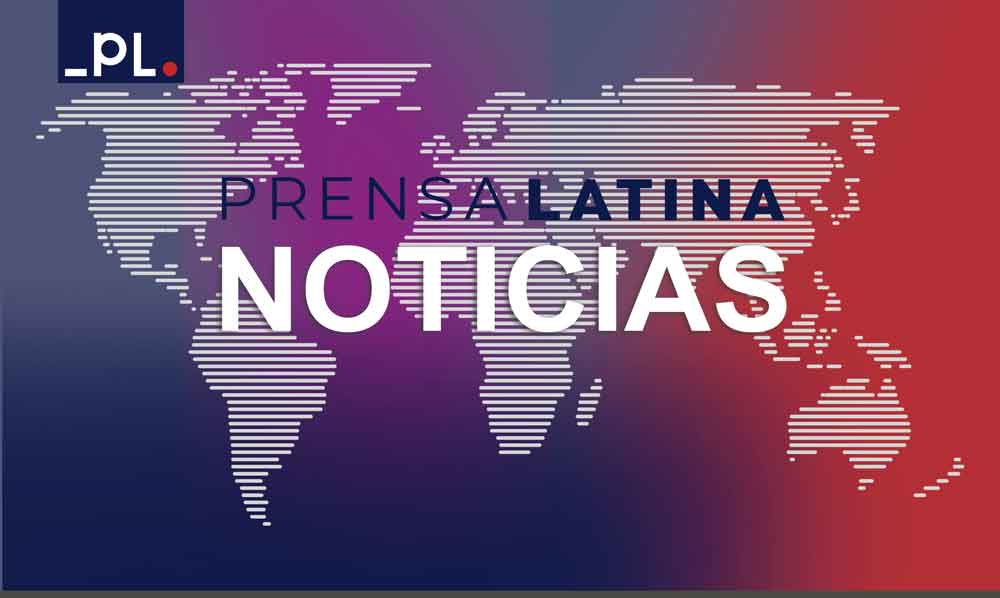In the last decade, there have been citizens who have not been able to go out on the streets or visit relatives because the gangs control the communities, and thanks to the emergency regime, the situation in the country has changed radically, said the number two in the Salvadoran government.
In statements quoted by Diario El Salvador, the senior official explained that “an important part of the successes in the fight against gangs lies in the use of the database on criminals that has been collected for years by the National Civil Police.”
Regarding the allegations made by organizations that claim to defend human rights in the face of alleged violations and lack of freedom of movement, the Vice President stressed that they are part of a political agenda and a “modus vivendi” of these institutions.
My response to these organizations that are headquartered, one in Washington and the other in London, he stressed, and which have begun to generate the entire narrative against the government and our security policy, is to first carry out a proportionality test on it, how many people were saved. Lives and their human rights are protected by our policy. There are millions, he claimed.
He added that the database has been updated. It has more than 70 types of gang member profiles at different levels of the structure. This enabled the successful arrest of more than 74,000 criminals and 13 of the 15 chairmen (ringleaders) of the MS.
He highlighted the result of Salvadoran intelligence work without the need to seek advice from other countries or international organizations.
He said that public freedoms are guaranteed in El Salvador since only two guarantees are concerned, which are of an individual nature and concern those suspected of belonging to criminal structures.
The emergency regime does not affect any public freedoms, neither today nor at the time of its introduction, since the state of emergency is in effect and the President has said so [Nayib Bukele] It will clearly affect criminal structures, he emphasized.
ode/lb

